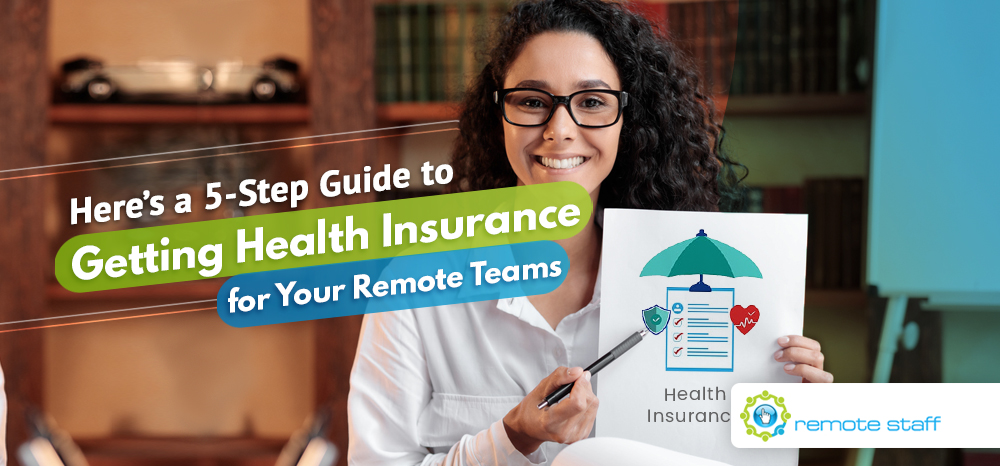The world is as uncertain as ever. Until now, we don’t know when the virus will stop spreading or when the borders will open. However, it’s highly likely that remote work is here to stay.
Right now, it’s clear that the WFH setup will continue even after the pandemic. This is largely due to how effective it’s been in maintaining (and even improving) the productivity of employees. And let’s not forget the e-commerce platforms that emerged and made online selling thrive amidst the economic crisis.
Thus, it’s high time to talk about the additional and necessary benefits that remote employees deserve. After all, they are the backbone of every business’ success, especially now.
While it’s good to provide monetary compensation and a flexible work arrangement, nothing still beats the security from health insurance. Not only does this help lessen their financial burden, but it can also help you attract top talent and thus enable your business to become more competitive.
Not sure about how to proceed? Here are five steps to guide you:
Step 1: Do Your Research

Finding the right insurance plans for your employees can be a little tricky, especially if they’re based in other countries. So, it’s important to do your homework, so to speak.
Fortunately, there are many insurance providers that offer international coverage. This way, you can extend your health care plans to different locations around the world.
But before you choose one, assess what benefits you want to provide -and how much you can afford. Researching and weighing options will also help you compare which coverage is more suitable – and gives the most value for money – for you and your distributed teams.
Step 2: Discuss It With Your Team

It’s imperative to discuss the available health coverage options with your team, specifically vis a vis their specific needs. This discussion will help you determine the best plan for everyone.
It also helps to distribute an intake form that collects your employees’ medical history, location, age, gender, and health status. (Though you should assure them that the information will be kept strictly confidential.) This ought to give you an idea of the sort of coverage your employees need.
Lastly, be honest and transparent about the coverage you can provide so that your employees can prepare for other medical expenses that won’t be covered.
Step 3: Consult With a Professional

Nothing beats speaking with a reliable authority about your insurance coverage. Speaking with a representative from a well-known insurance company is good. However, do consult a third-party as well for honest feedback.
Ideally, you want someone who can assist you in navigating the insurance market, as well as finding the most suitable coverage for your remote employees.
When in doubt about which insurance company or plan you go with, refer to the information you gathered from step 2. That, along with guidance from a professional consultant, ought to steer you towards the right path.
Step 4: Know Your Alternatives

There are a lot of choices in the insurance industry. Although the options can be quite overwhelming, especially for small and medium enterprises, they can be narrowed down considerably.
If you look hard enough, you’ll find plenty of budget-friendly alternatives. There are also companies that offer international health insurance, medical insurance stipends, and care membership plans, among others.
There’s even a specific remote health insurance that offers group and individual coverage. The good thing is these types of plans can be applied not just to full-time remote workers, but also to part-timers.
Step 5: Choose and Communicate

Once you’re done researching, consulting, and weighing alternatives, choose a plan and communicate it with your team.
First, you need to explain the coverage and how it works (i.e., who’s entitled to it, how to claim the benefits, etc). Secondly, discuss any special offerings or add-ons so everyone on the team can maximise the benefits.
Health insurance isn’t just for employees in general. It’s also an important investment that employers should consider because looking after your employees’ well-being and productivity ensures continuity. Do you really want your top talent getting sick and then having to quit as a result? Yeah, I didn’t think so.
Remote Staff has been providing Australian SMEs and entrepreneurs like you with skilled remote workers from the Philippines for the past decade and counting. Whether you’re looking for an HR specialist to help you with setting up your remote team’s health insurance coverage or even a virtual assistant to keep track of all your insurance packages, you can find them on our roster.
Call us today or schedule a call back and let’s get started.









